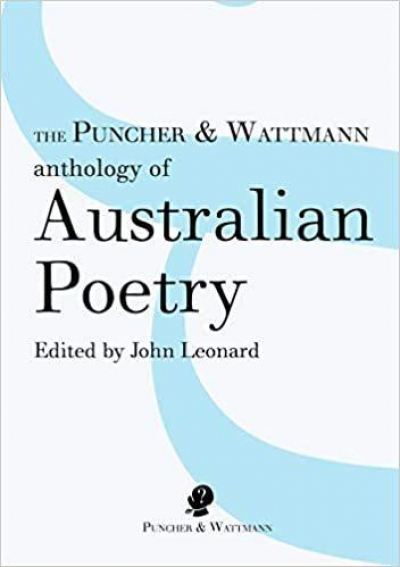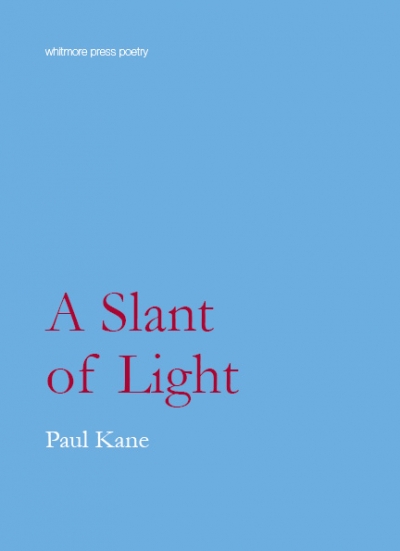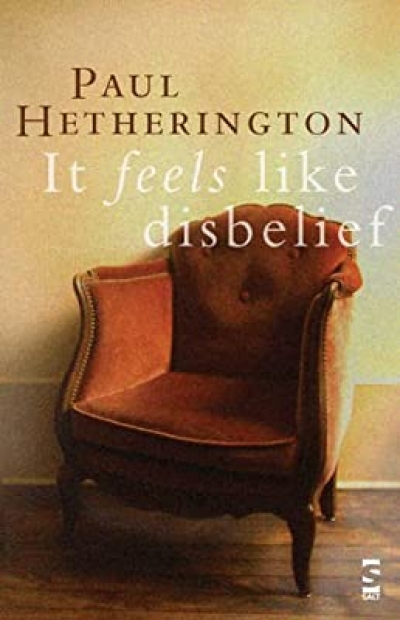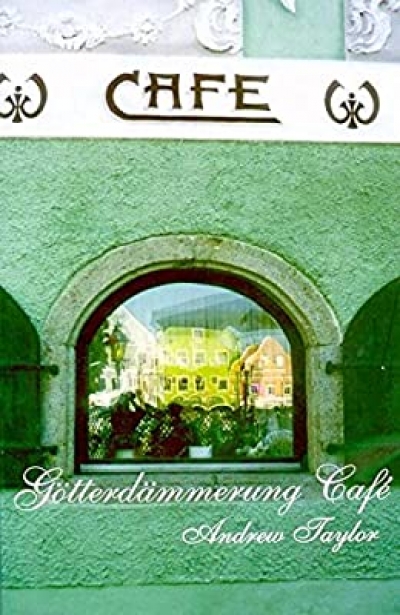Paul Kane
The Puncher & Wattmann Anthology of Australian Poetry edited by John Leonard
A Slant of Light by Paul Kane & A Tight Circle by Brendan Ryan
… although my eyes were open
In ’68 I sported a Panic Button on my blazer –
pushed, it read ‘Things will get worse before
they get worse.’ After the assassinations, I threw
it away. On edge, we were now living on the edge.
... (read more)How will they remember us, the dead?
As a cause – a just cause – or simply an end?
Silicon Literacies: Communication, Innovation and Education in the Electronic Age edited by Ilana Snyder
Paul Kane reviews ‘The Poetry of Les Murray’ edited by Laurie Hergenhan and Bruce Clunies Ross, ‘Les Murray’ by Steven Matthews, and ‘Poems the Size of Photographs’ by Les Murray
You might expect a book of eighty-eight new poems by Les Murray to be sizeable (most of his recent single volumes run to about sixty poems each). But Poems the Size of Photographs is literally a small book, composed of short poems (‘though some are longer’, says the back cover) ...
... (read more)Rhetoric has a bad name. And for good reason. Not only does it suggest insincerity and verbal manipulation, it also has a strong odour of scholasticism about it. It is with some trepidation, therefore, that I turn to ancient rhetoric to urge upon you two terms I find useful in thinking about contemporary Australian poetry. I will make it as palatable as I can and hope it doesn’t choke going down. Whether it is nourishing or not, I leave you to decide.
... (read more)Götterdämmerung Café by Andrew Taylor & Russian Ink by Andrew Sant
Coming upon the fertile fields of Mildura after miles of dry Mallee shrub you have the sense of entering an oasis. For a writer, arriving at the Mildura Festival elicits a similar response: here, at last, is a place to be refreshed and fed, metaphorically and literally. It is a friendly and delicious affair, where writers are fêted because their work is valued and where enjoyment seems raised to a fine art. If ever writing was thought to be food for the mind, then here food for the body is regarded as spiritual nourishment as well.
... (read more)




